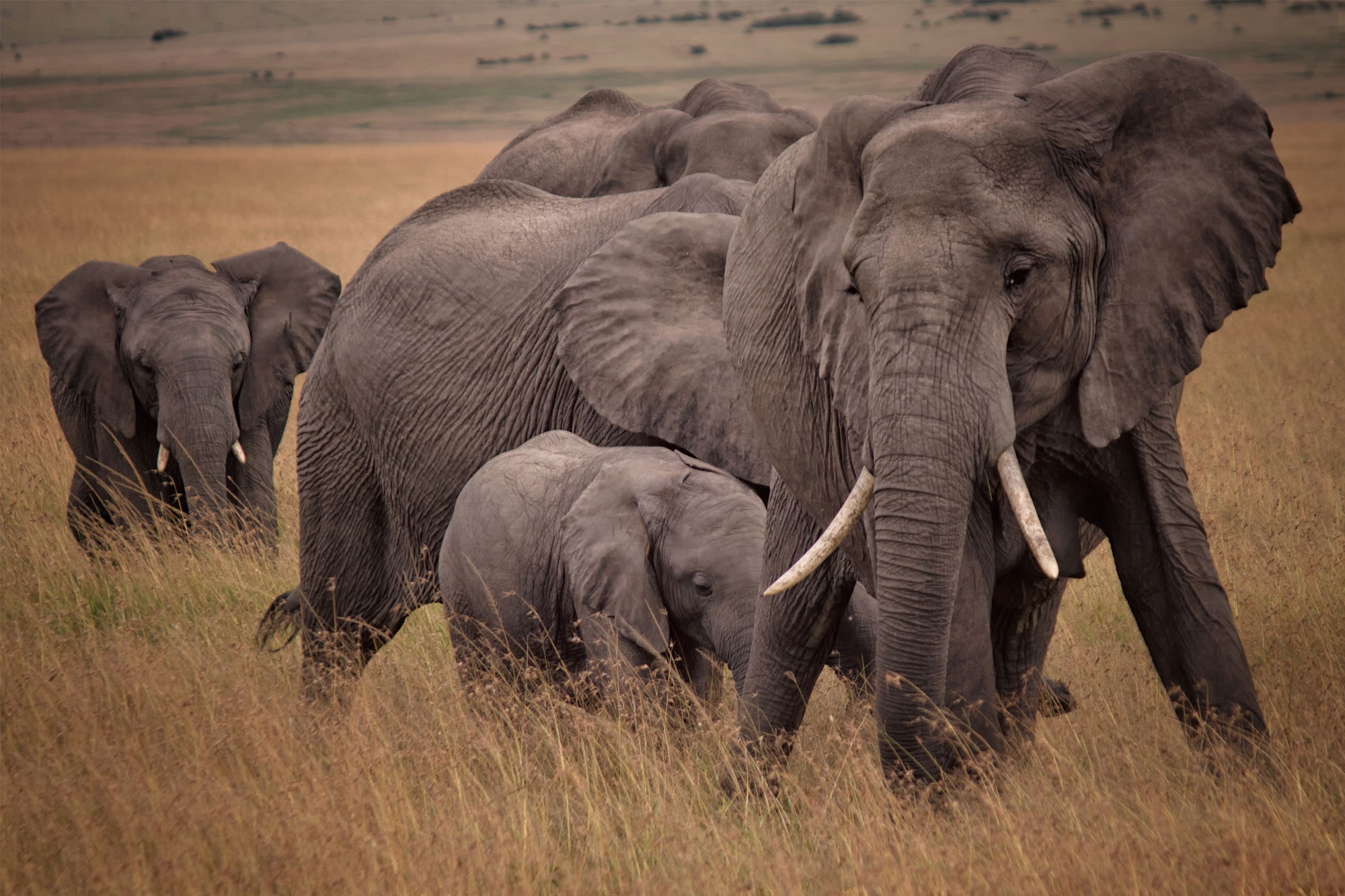As the UK ban on elephant ivory receives Royal Assent today and will enter into law, wildlife trade expert, Dr David Roberts, questions whether “it is more of a PR stunt and [will] have little direct impact on the current poaching crisis as most of the trade in ivory in the UK is antique.
“Essentially, this new law criminalises antiques. Prior to this ban, much of the UK’s illegal trade in elephant ivory was made up of 1960-70s tourist tat. Very little, probably less than 1%, was ‘blood ivory’. So, at best, this law is being used as political leverage for other countries that are consuming contemporary ivory.
“It is a bit of a PR stunt with the majority of the UK electorate having no connection with the trade in ivory so it is easy for a ban to be agreed as it has no impact on them.
“What we do know, and it has been seen when similar bans were introduced in China and the USA, the trade will move on to the internet. Here, policing is much more difficult, and few countries, including the UK, have the resources to undertake this challenge. Further, as this trade moves online, it is likely to come into contact with a new demographic and therefore a new community of consumers that wouldn’t have engaged in the trade in the past. If the UK really wants an effective ban on elephant ivory, then more resources need to be provided by the government to look at the online trade.
“Even if the ban is successful in reducing poaching, and it’s questionable that it will, then elephant populations could increase to a point that they will start to severely impact their habitat, which leads to starvation. This has happened in the past in East Africa following intensive anti-poaching operations.
“Another unintended consequence is what will happen if poaching is reduced. While it is great there will potentially be fewer guns in the area, and therefore greater security for the local communities, it also means this will potentially lead to expansion of agriculture and human populations. Along with rising elephant populations, the result will be human-elephant conflict.
“Tourism is often promoted as the saviour of elephants with the money it brings in, but in reality it is relatively little compared to trophy hunting, however distasteful as this may seem. Also, tourists are not homogeneously distributed across a country with elephants, they go to certain areas. When they pay their money, they want to see an elephant and when they see one they are happy: from an economics’ point of view, most of the money has gone to seeing that elephant, the next elephant will get slightly less until you’ve seen, say, the 30th elephant, and they will get very little. Therefore, within a tourist area, there is an optimum number of elephants from an economic as well as an environmental point of view.
“While some will find it distasteful, trophy hunters, excluding the ‘armchair’ hunters, are likely to go to areas that are more remote that don’t receive as much revenue through tourism.
“The government, following this elephant ivory ban, is putting out a consultation on other ivories that includes walrus, narwhal, hippo, whale etc. People no longer hunt toothed whales to any degree and certainly not for their teeth, therefore why ban a trade in what is largely antique or with potentially some beach-salvaged teeth? Banning walrus and narwhal will disenfranchise communities in the Arctic who have few resources due to the environmental conditions. The only potential issue is hippo, where the current ban on elephant ivory could move the attention of poachers as a source. However, hippo populations are still comparatively large and could be managed.
“Mammoths are an alternative source of ivory and, interestingly, there are discussions going into the next CITES (Convention on International Trade in Endangered Species) Convention of the Parties. Presumably regulation of the trade in an extinct species is due to the ‘lookalike’ issue with elephant ivory. As a slightly quirky side issue, occasionally trawlers drag up mammoth parts from the sea. This would mean that if it was in international waters they’d need a permit to land it!”
 Dr David Roberts is a Reader in Biodiversity Conservation, Academic Head of Conservation Biology and Programme Convenor for MSc Conservation and International Wildlife Trade. Wildlife trade, especially illegal online trade, is one of his main research areas.
Dr David Roberts is a Reader in Biodiversity Conservation, Academic Head of Conservation Biology and Programme Convenor for MSc Conservation and International Wildlife Trade. Wildlife trade, especially illegal online trade, is one of his main research areas.

